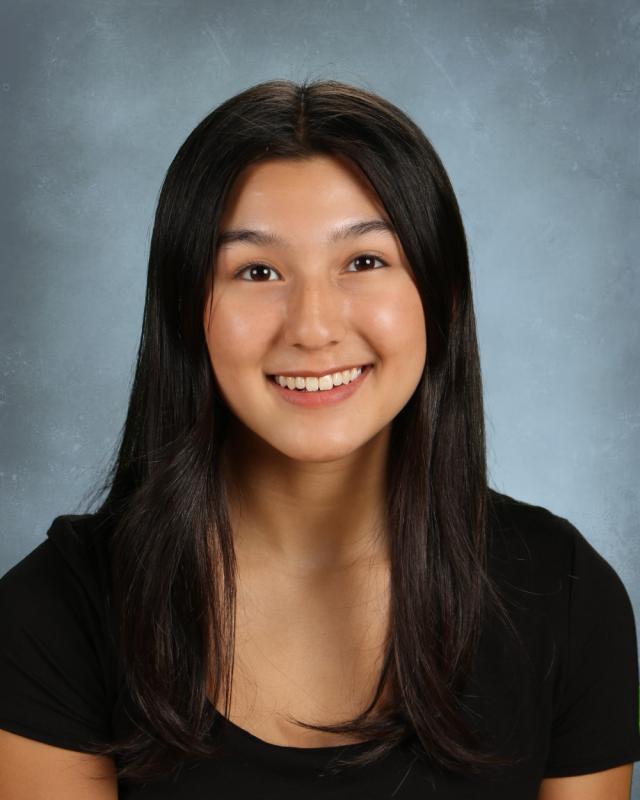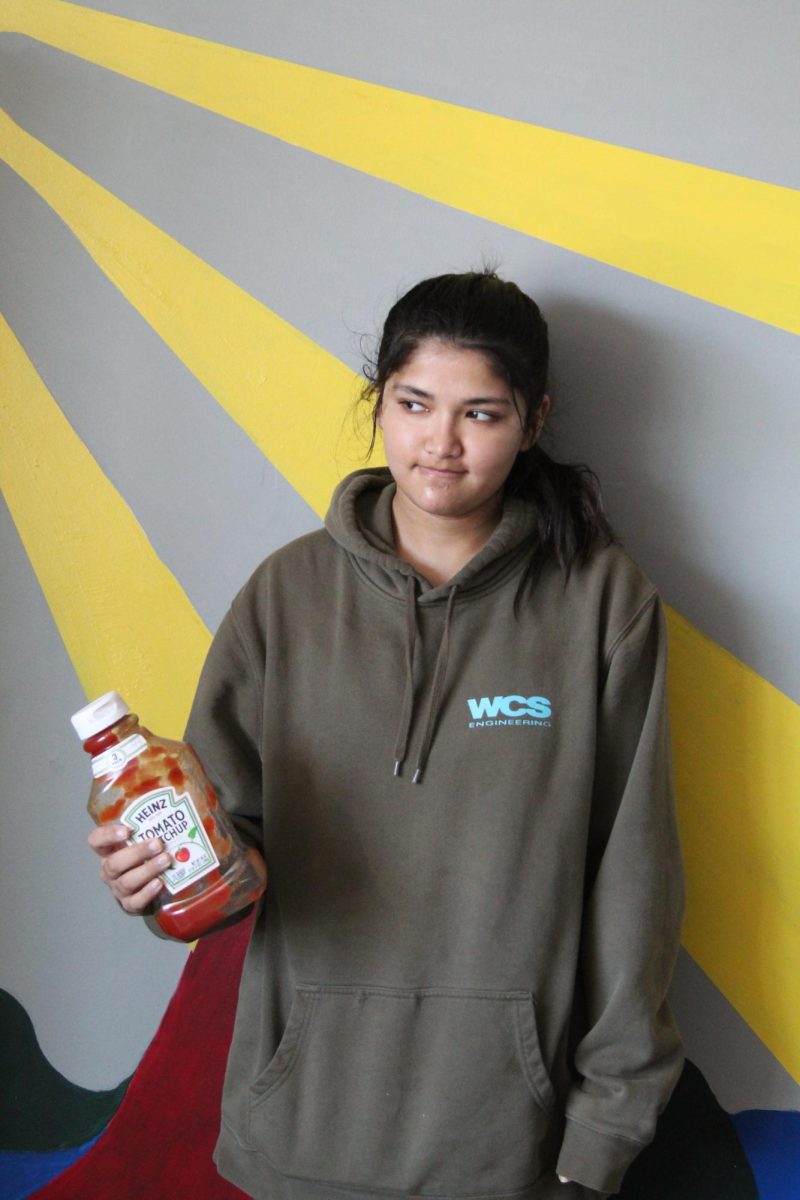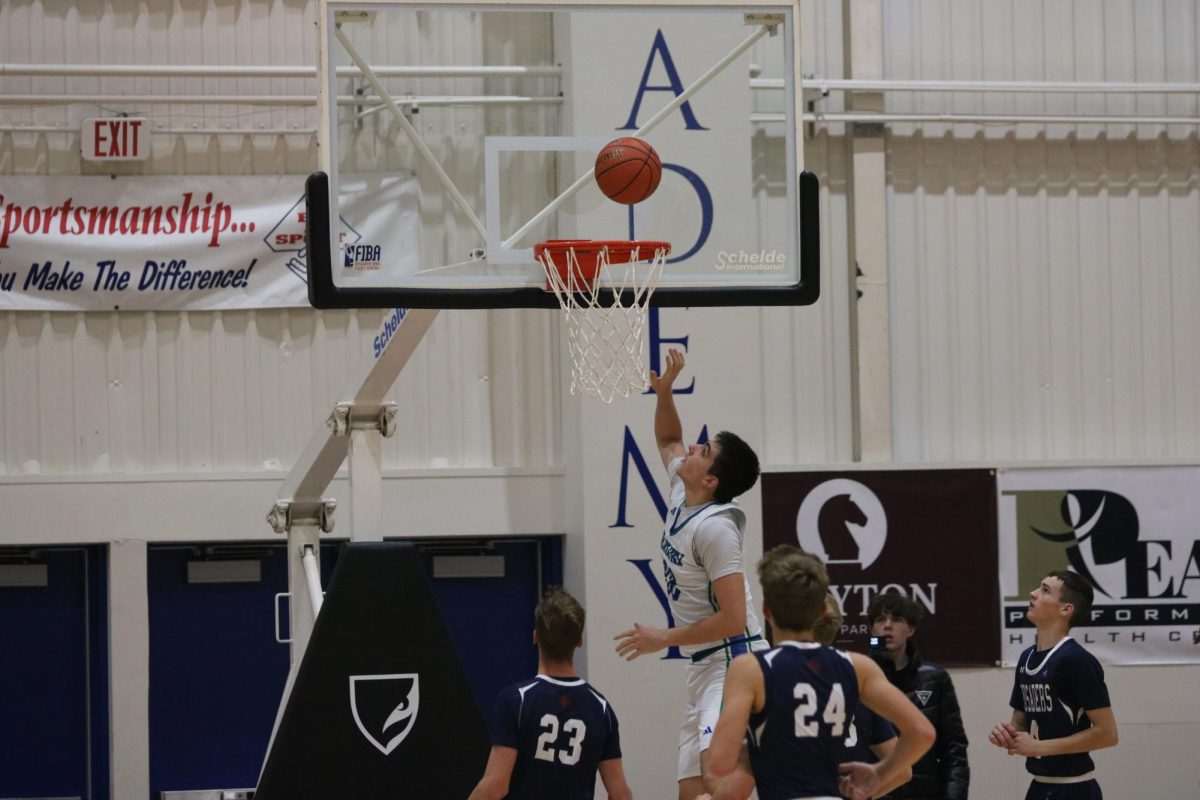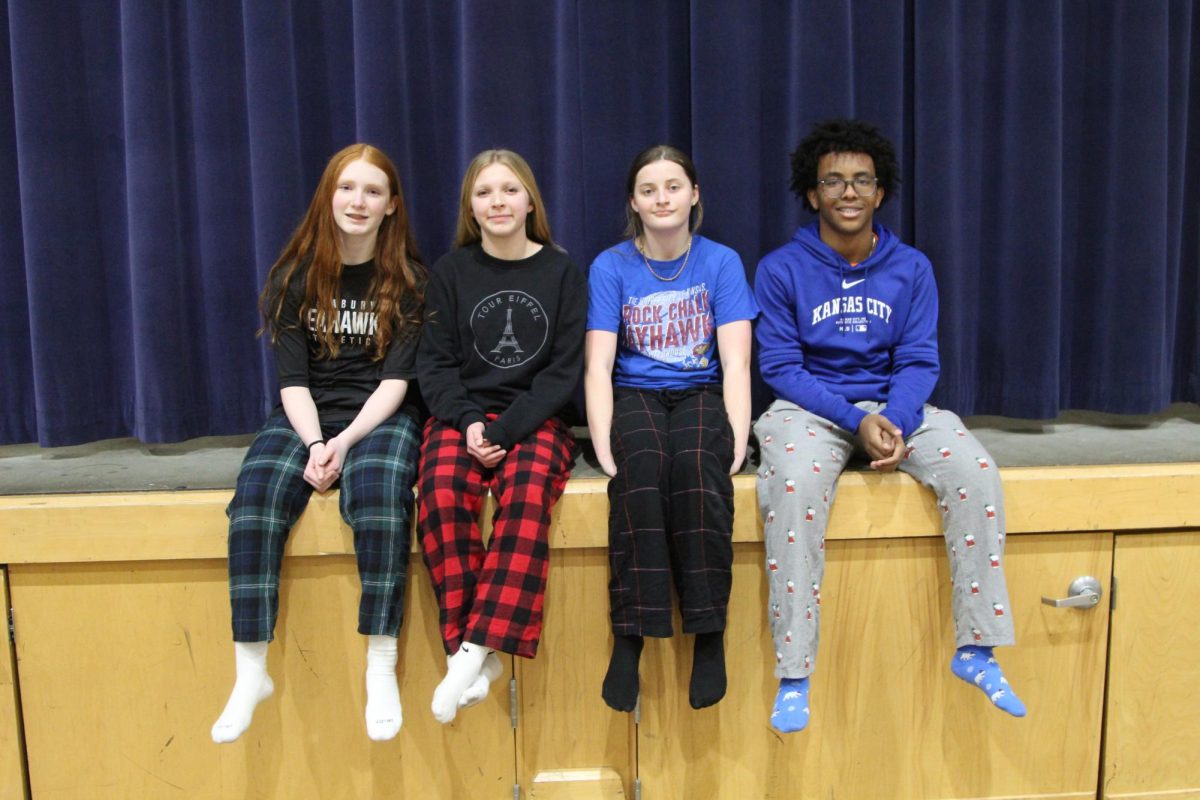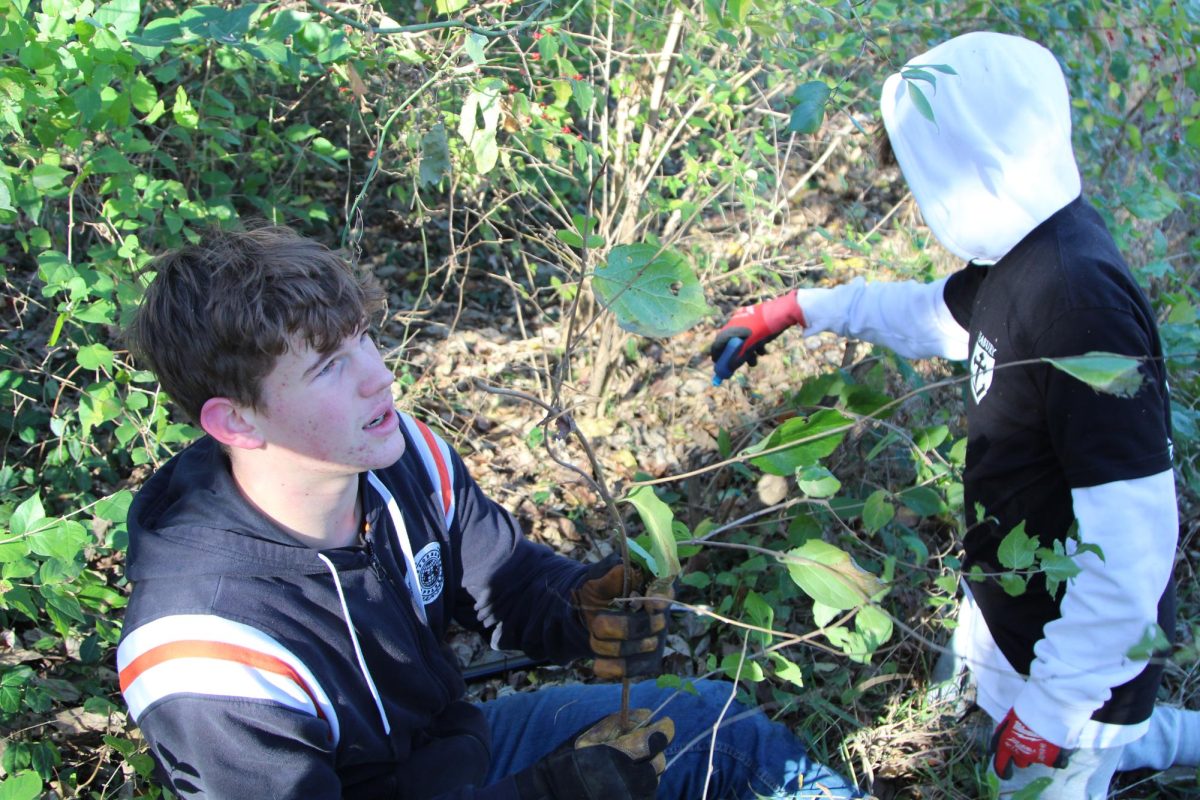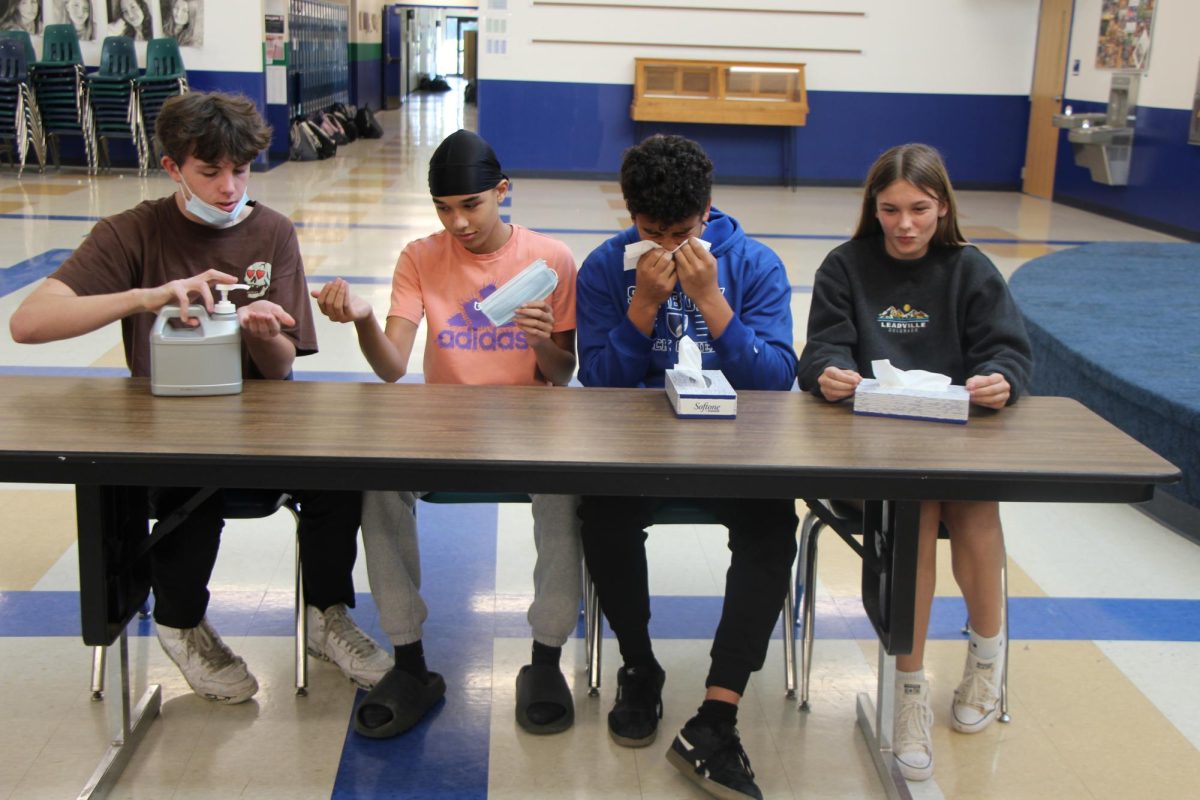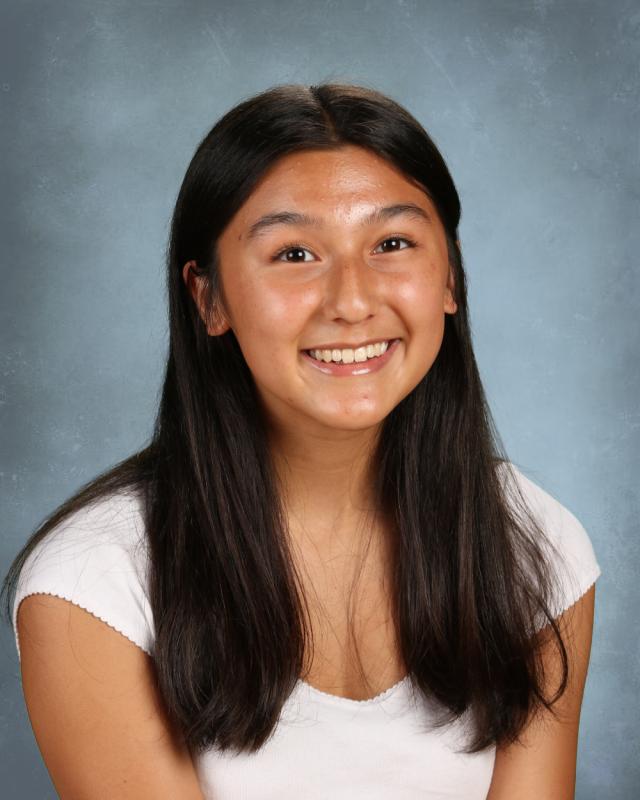Traveling abroad is certainly not for the faint of heart. However, Seabury is lucky to be full of students who are anything but faint of heart, and this summer, three Seabury students got the chance to prove their adventurous spirit and have fun along the way, taking a trip across 14 hours of time zones all the way to Hiratsuka, Japan.
This trip was through the Sister Cities program in Lawrence, which junior Raina Bean-Pearce, one of the travelers, explains: “The Sister Cities program [is] a program where you and a collection of other individuals go to another country and basically live with a family that is from said country for ten days and experience culture there … Then [you] come back [to Lawrence], and then you host [visiting students] about two weeks later.”
Certainly, in terms of experiencing Japanese culture, Seabury’s travelers went all in. Senior Elyse Hammann recalls some of the most memorable parts of the trip, saying, “We went up to Shibuya and Harajuku, and … they separated us into the groups based off of a few Japanese kids [and] a few American kids, so [we could] just kind of explore Tokyo on [our] own, which was really cool … Another place we went to was Kamakura, which is where the Big Buddha is.”
Trying food was also a source of excitement. Another trip participant, sophomore Vee Asher, says, “Food is so great there. It’s so fresh … I would have rice with every meal when I was in Japan, [and] when I got back to America and I had rice, I was like, ‘It’s just not the same,’ because it’s not as fresh, and the same with sushi too. I don’t really like fish, but that was before I went to Japan and I had the fish. It was soft, and it was so nice compared to American fish that’s kind of hard and chewy sometimes … Sushi was definitely a highlight; Japanese sushi is great.”
For Bean-Pearce, cultural exchange opportunities were clear highlights when he recalled his experience, saying, “[There was] a specific day where they took us to this place [and] had us get dressed up in yukatas, [and we did] things like origami, calligraphy and a proper Japanese tea ceremony.”
Along with culture, of course, came a language barrier that the visitors had to overcome. However, despite this, Hammann found it did not hinder her ability to forge valuable friendships, saying, “My first host family, those parents didn’t speak a lick of English at all, so I would say something [and then have to pull] up the translator and [show] them my Google Translate … but really we were able to … overcome that barrier just through body expression … We were still able to communicate and have experiences. By the end of the trip, the first host family that I couldn’t speak English to, I was bawling when I left them. … Even though there’s still a huge language barrier, you’re able to foster those connections.”
Despite this, mistakes in Japanese were inevitable, and the ability to look back on these mistakes with a light heart was essential. Bean-Pearce recalls one such moment, saying, “My first host family … took us to McDonald’s … and I tried to order a cheeseburger, [but] I did not succeed. I got basically a burger without cheese, and then I was like ‘Oh no, I meant something else.’ And then [I] ordered it again, and it was … the buns with a single slice of cheese, and then the last time was just a proper cheeseburger.”
While any nonfluent traveler will definitely have some moments akin to this, Asher explains that “after a while … I wouldn’t have to pull out Google Translate [as much] … They’d understand what I was saying, or vice versa.”
With this in mind, Hammann shares that some of the trip’s greatest moments were when she was able to form bonds with many of the students she met in Japan, saying, “So right after we got back from Tokyo … [our host sister] was like, ‘Oh, all my friends are coming over; is that okay?’ So [we] were like, ‘Yeah, [of course].’ And … her friends came, and her mom was a really good cook, and she made us … fried chicken and fries, and luckily Vee and I brought barbecue sauce and chipotle sauce, and so we had this big feast with all of their friends.”
With Lawrence’s Sister Cities program, students can travel not just to Japan but also to Germany, Greece or Chile. All three students who participated in the program recommend it to anyone who is not afraid to try out a new language and culture and forge bonds that cross oceans. Asher explains the value of such a mindset, saying, “I think to realize other things going on in different countries helps your human experience, helps you feel connected to humanity … I think that’s really important.”

